Probate law, revocation of wills, and evidentiary standards under Sri Lankan law.

The Supreme Court judgment in SC Appeal No. 38/2014 is a significant decision dealing with probate law, revocation of wills, and evidentiary standards under Sri Lankan law. Here’s an analysis of the case and the ruling: Key Facts:• The appellant, Karunawathie Jayamaha, sought probate of a Last Will (No. 962 dated 24.05.1989) purportedly executed by…
Frustration of contract due to supervening impossibility

The Supreme Court judgment in SC Appeal No. 08/2017 is a significant case in Sri Lankan contract law dealing with frustration of contract due to supervening impossibility, particularly in the context of a lease agreement disrupted by the 2004 tsunami. 🔠Case Summary• Parties:• Plaintiff-Respondent-Appellants: Pallocci Donatella & Palermi Luca (Italian nationals).• Defendant-Appellant-Respondent: Yamuna Kanthi…
Sri Lanka Telecom PLC v. Right to Information Commission and C.J. Wijayawardhana

Court of Appeal Case No. CA/RTI/0002/2023Judgment delivered on 03.07.2025Presiding: Dr. Sumudu Premachandra J. and R. Gurusinghe J Background: This appeal arose from a decision by the Right to Information Commission (RTIC) directing Sri Lanka Telecom PLC (SLT)—a public authority and a publicly listed company—to disclose a breakdown of legal fees it incurred in relation to…
Nature of the Action – Rei Vindicatio or Licensor-Licensee
Supreme Court Appeal No. 108/2022 – Analysis Background• District Court (DC Bandarawela – Case No. L 1866):Plaintiff W.M. Bandara Menika filed action seeking recovery of possession of a property from her son-in-law (1st Defendant) and others who entered the property through him. The District Court dismissed both the Plaintiff’s plaint and the Defendants’ claim in…
Fundamental Rights application concerning religious identity and gender equality
The Supreme Court of Sri Lanka in SC FR 218/2013 addressed a landmark Fundamental Rights application concerning religious identity and gender equality, specifically the recognition of Bhikkhunis (female Buddhist monks) in State-issued identity documentation. ⸻ Background• Petitioners:1. Ven. Welimada Dhammadinna Bhikkhuni, a female monastic ordained in the Rangiri Dambulla Chapter.2. Ven. Inamaluwe Sri Sumangala Thero,…
Companies Act (Amendment) Bill, 2025
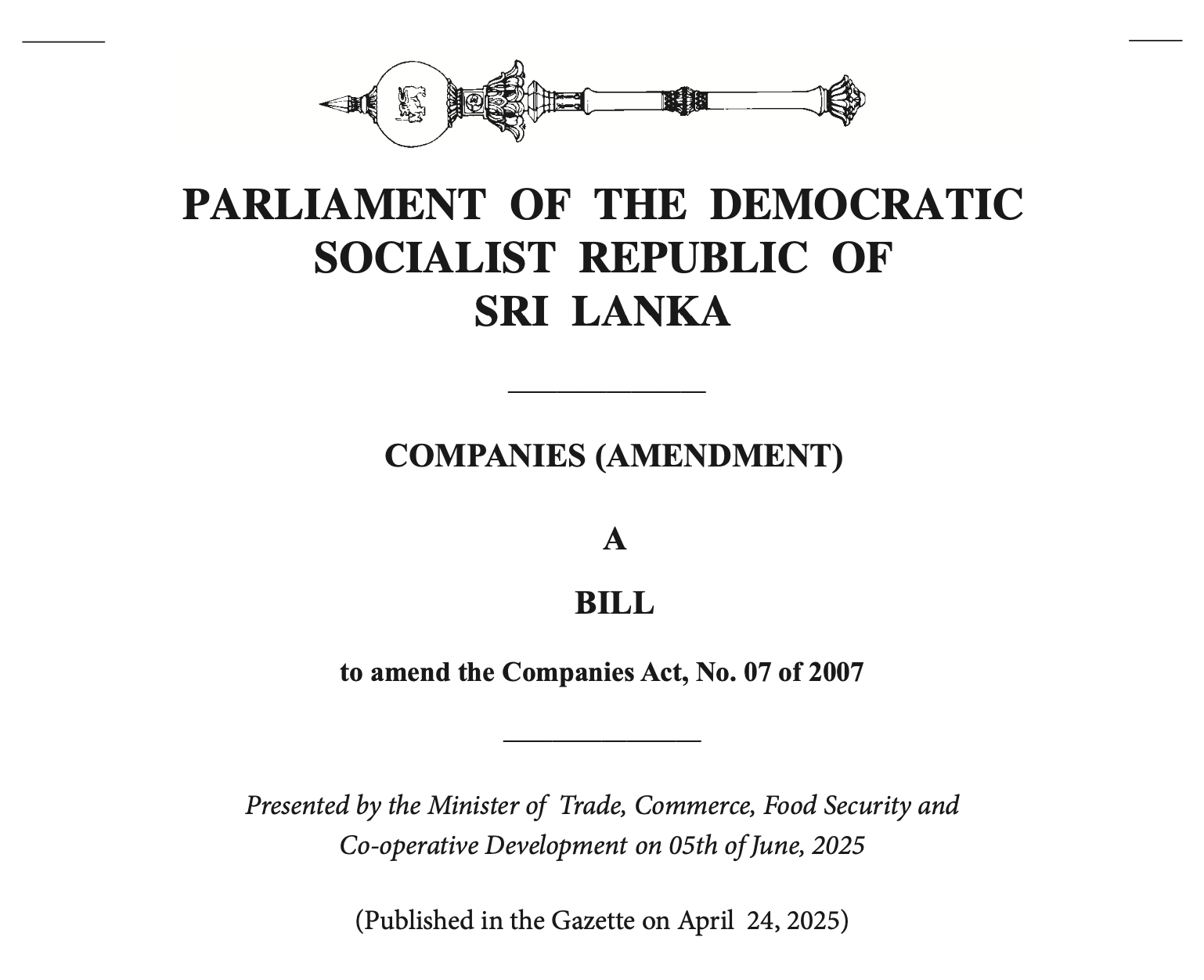
The Companies (Amendment) Bill, 2025 presented to the parliament on 5th June 2025. Key Amendements Analysis and Implications Read the Full Amendment Bill
Supreme Court Rules Against Herbal Holiday Resorts in Landmark VAT Exemption Case

Case Analysis Report: Herbal Holiday Resorts (Pvt) Ltd. v. Commissioner General of Inland RevenueSC Appeal No. SC/APPEAL/6/2022 | Decided on: 03 June 2024 1. Background: Herbal Holiday Resorts (Pvt) Ltd., operating under the name “Hotel Paradise Island” in Bentota, claimed Value Added Tax (VAT) exemption under paragraph (b)(xii) of Part II of the First Schedule…
Principle of uberrimae fidei (utmost good faith) – Lakshman De Fonseka v. Eagle Insurance Co. Ltd (AIA Insurance Lanka PLC)

1. Background of the Case 2. Issues on Appeal The Plaintiff raised two legal questions: 3. Legal Principles Discussed A. Uberrimae Fidei (Utmost Good Faith) B. Material Misrepresentation and Inducement C. Burden and Standard of Proof 4. Key Findings 5. Court’s Conclusion 6. Legal Significance 7. Implications
Attorney General v. Ravi Karunanayake – Sri Lankan Treasury Bond scandal (2015–2016)
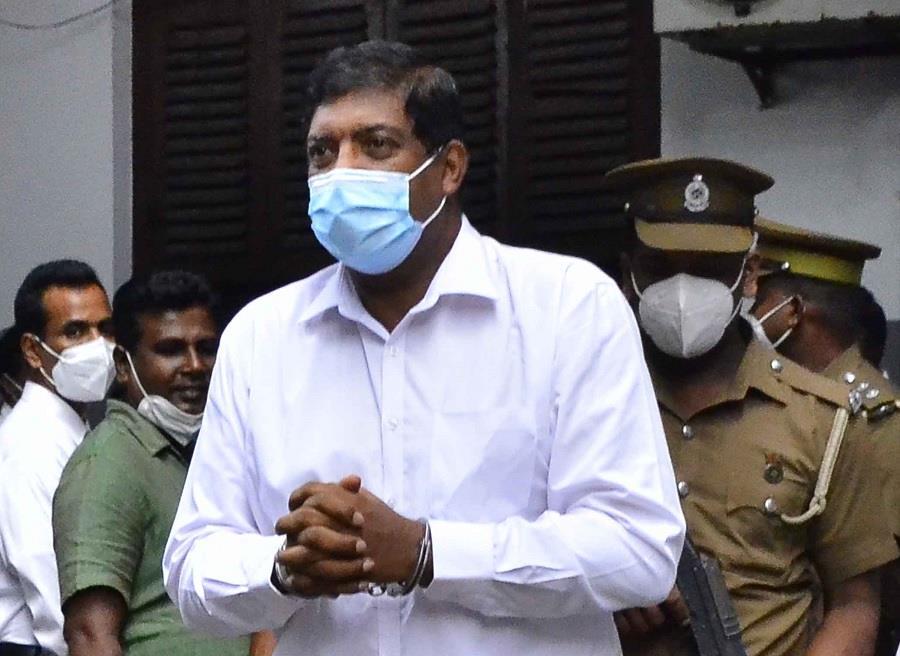
Case Analysis and Significance: This Supreme Court case, SC Appeal 104/2024, arising from the infamous 2015–2016 Sri Lankan Treasury Bond scandal, is significant in terms of how bribery and financial misconduct cases are investigated, prosecuted, and subjected to judicial review. The core issue was whether the Attorney General’s decision to indict former Finance Minister Ravi Karunanayake—based…
දූෂණ විරෝධී පනතේ අදාළත්වය සහ ආණ්ඩුක්රම ව්යවස්ථාවේ 13(6) වගන්තිය
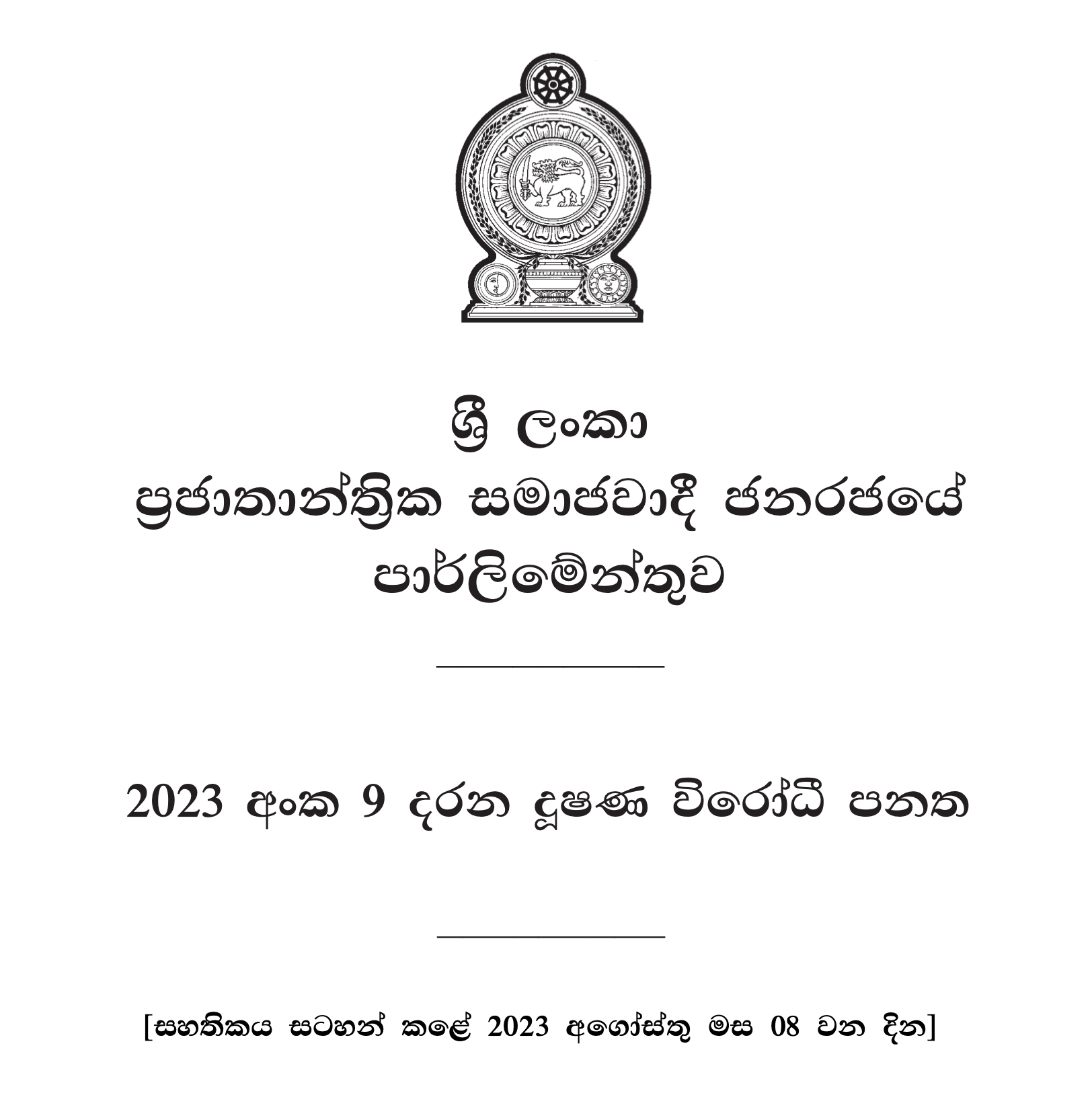
ආණ්ඩුක්රම ව්යවස්ථාවේ 13(6) වගන්තිය ශ්රී ලංකාවේ අපරාධ නීතියේ මූලික මූලධර්මයක් වන අතර, එය අතීතයට බලපැවැත්වෙන අපරාධ නීති සහ වැඩි කළ දඬුවම්වලින් පුරවැසියන් ආරක්ෂා කරයි. 2023 අංක 9 දරන දූෂණ විරෝධී පනත නව නීති රාමුවක් හඳුන්වා දුන්නද, එහි විධිවිධාන ක්රියාත්මක වන්නේ පනත බලපැවැත්වූ දින සිට ඉදිරියට පමණි. පනත ක්රියාත්මක වීමට පෙර සිදු වූ දූෂණ හෝ ඊට…
Former Minister and Sathosa Chairman sentenced amid Strict Constitutional Safeguards under the Article 13(6) of the Constitution of Sri Lanka
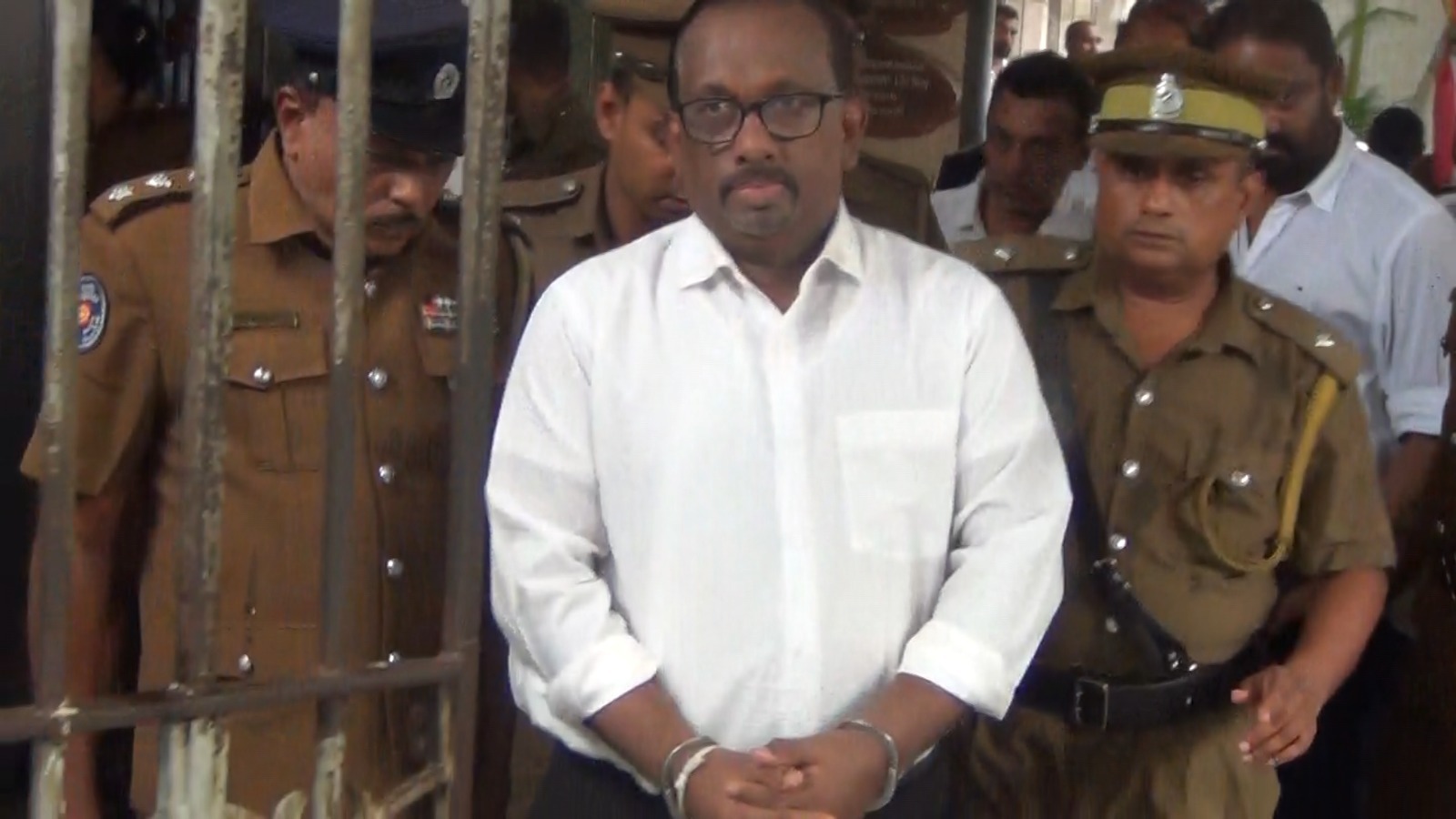
Colombo, June 1, 2025 — In a landmark judgment delivered by the Colombo High Court this week, former Sports Minister Mahindananda Aluthgamage and former Sathosa Chairman Nalin Fernando were sentenced to 20 and 25 years of rigorous imprisonment, respectively despite Strict Constitutional Safeguards under the Article 13(6) of the Constitution of Sri Lanka explicitly prohibiting retroactive criminal…
Code of Criminal Procedure (Amendment) Bill – 2025
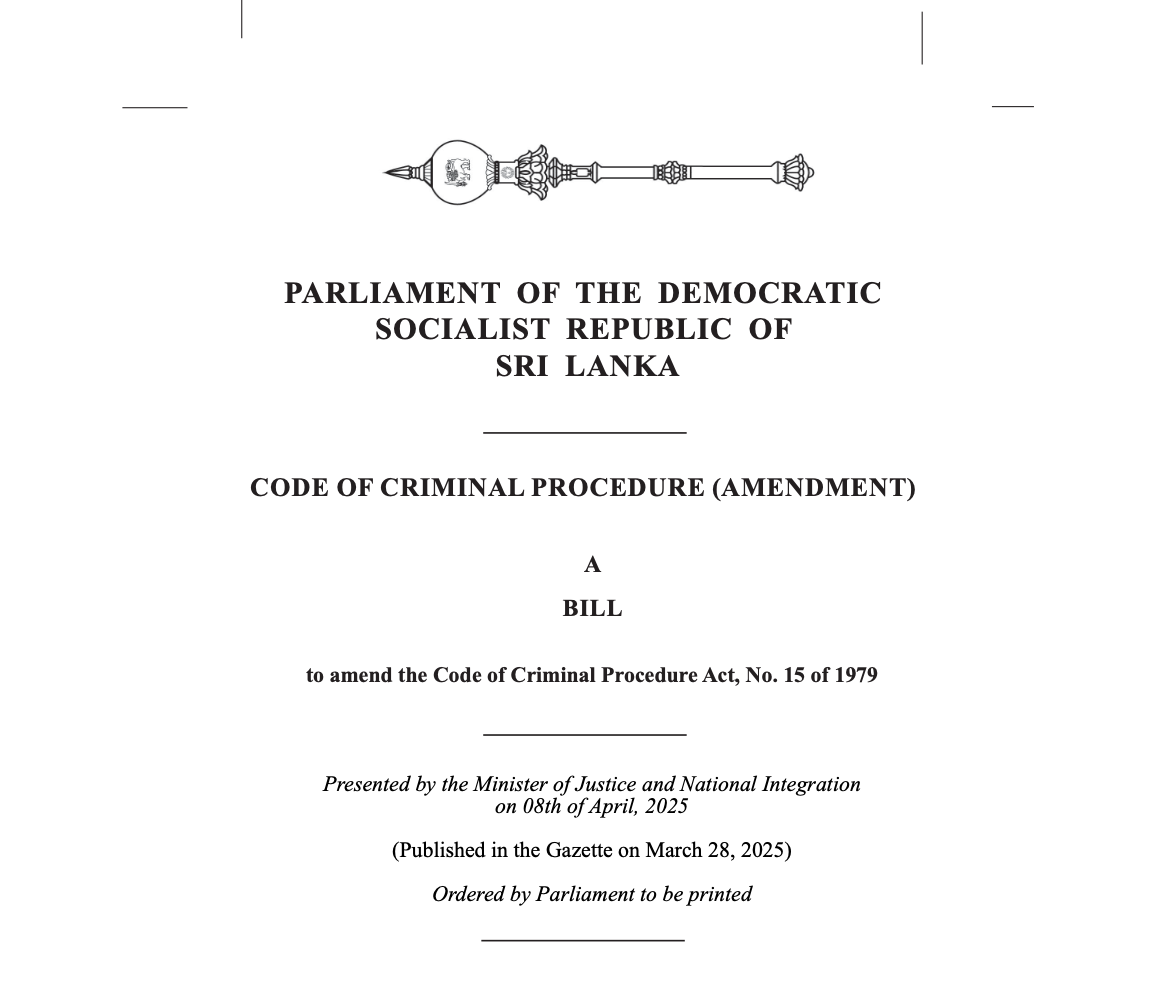
Overview: The “Code of Criminal Procedure (Amendment) Bill – 2025” introduced by the Minister of Justice and National Integration seeks to modernize and streamline criminal procedures in Sri Lanka. It primarily introduces mechanisms for remote participation in court proceedings and clarifies the circumstances under which a suspect’s or accused’s physical presence in court may be dispensed…
RTI Commission Orders Full Disclosure from Bank of Ceylon Over Alleged Misuse of Public Funds
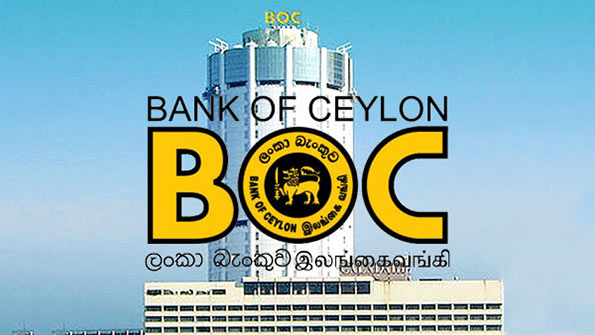
In a landmark ruling, the Right to Information (RTI) Commission of Sri Lanka has directed the Bank of Ceylon (BOC) to release a comprehensive set of documents relating to financial transactions, loans, tender procedures, and contracts involving the Informatics Group and the former Chairman of the bank, Mr. Gamini Wickramasinghe, spanning the years 2007 to…
K.G.P.M. Nirmalatha v. Rajarata Sanwardana Bankuwa & Others [SC Appeal No. 168/2015]
![K.G.P.M. Nirmalatha v. Rajarata Sanwardana Bankuwa & Others [SC Appeal No. 168/2015]](https://lankalaw.net/wp-content/uploads/2025/03/1645691897477.jpeg)
This case sets a precedent that when an entity is abolished and replaced by a new entity through legislative action, employment contracts do not automatically transfer unless explicitly stated in the law. Employees must either accept new contracts or seek compensation as provided under the governing statute. The decision reinforces the principle that statutory provisions…
New Proceeds of Crime Bill may raise constitutional concerns regarding the right to property

The Government of Sri Lanka’s decision to table the Proceeds of Crimes Bill reflects a strategic move to strengthen the country’s legal and institutional framework against financial crimes, corruption, and money laundering. This legislative initiative aligns with global anti-money laundering standards and seeks to enhance asset recovery mechanisms by empowering authorities to trace, seize, and forfeit illicitly acquired property. However, while the Bill is…

Legal News
